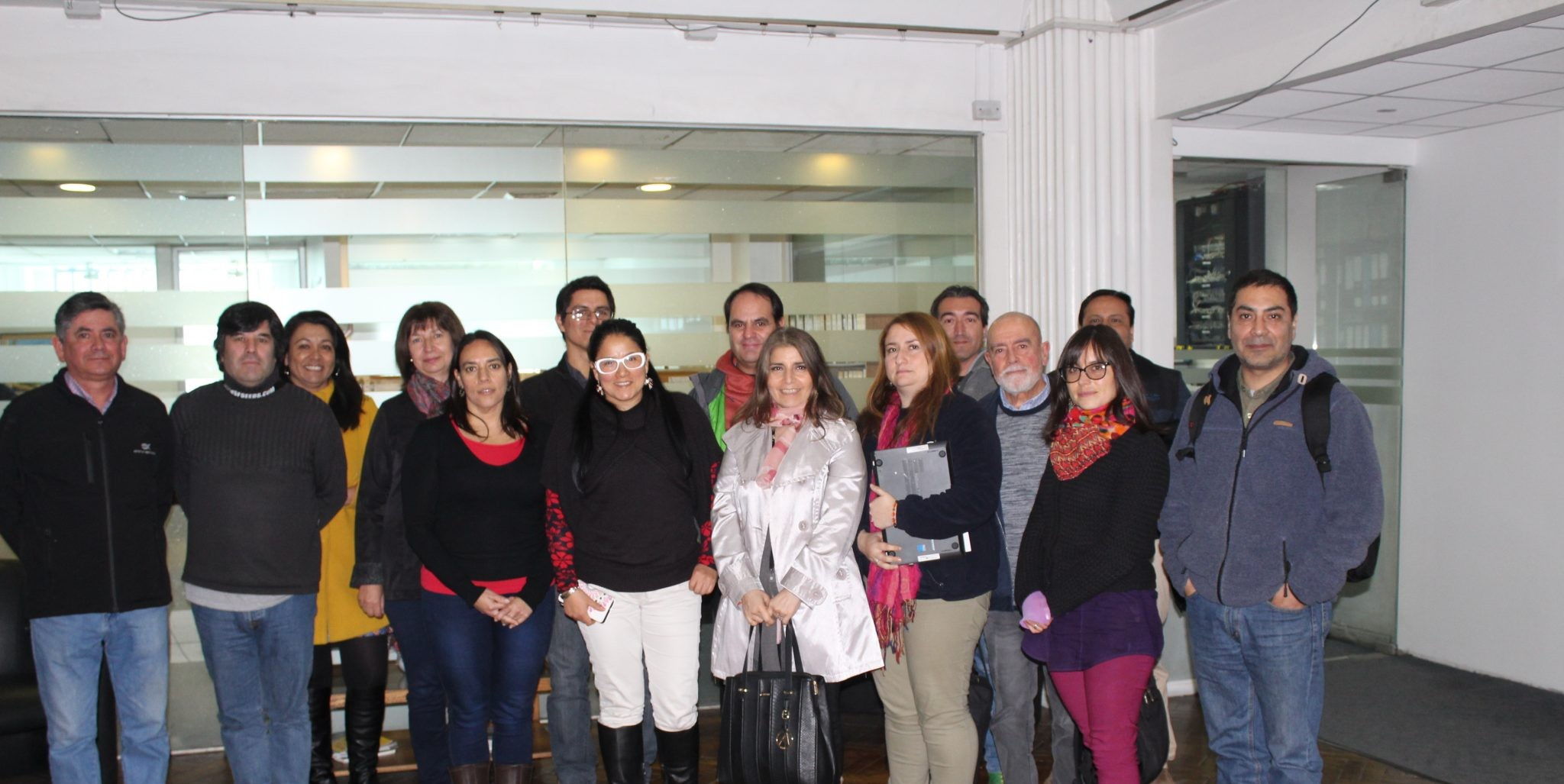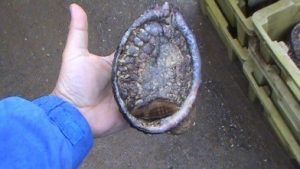IFOP conducts a dissemination workshop on program for fisheries under management areas regime monitoring 2017
June 27th, 2018On Wednesday, June 20th , at IFOP auditorium in Valparaíso, a dissemination workshop was held on fisheries monitoring program under 2017 management areas. Results of Fisheries Development Institute developed at AMERB studies were delivered.
AMERB are Bentonic Resources Management and Exploitation Areas , is a fishery management measure that assigns exclusive rights of use and exploitation of benthic resources (invertebrates and algae) to organizations of artisanal fishermen (OPA) legally constituted, who must report AMERB performance to the Undersecretariat of Fisheries and Aquaculture, through periodic monitoring carried out by technical bodies (OTE). National Fisheries and Aquaculture Service (SERNAPESCA) is the institution that is responsible for controlling fishing activity, ensuring compliance with the measure and legal procedures related to the AMERB.
Luis Ariz, IFOP Management Section head, said that “the workshop was a good opportunity to show what we are doing, on issues such as information quality management, transfer and dissemination of our results, socioecological monitoring. We are moving forward an AMERB Regime monitoring implementation, which includes environmental variables, biological species structuring benthic communities in management areas, socio-economic and organizational aspects, all of which serves as a basis for analysis, with a comprehensive perspective , of how the AMERB regime is being developed, given our role as advisor to the Undersecretariat of Fisheries and Aquaculture.
Carla Falcón, Studies Advisor, Ministry of Economy, Development and Tourism, “the workshop was very complete and interesting, collected information quality (which is in a permanent improvement process), jointly with monitoring and Complementary studies carried out under this study, allow to have an increasingly holistic or integral situation vision of existing management areas. This allows management measures to be taken with an ecosystemic approach, which is a very useful tool considering benthic fisheries sustainability… “, likewise, he valued efforts made in improving activities dissemination of this study generated information to different users: ” Research visibility to the public and interested, is fundamental to generate trust bonds between the State and users and advance, as a whole, towards continuous improvement of AMERB processes …”
Luis Figueroa, Marine ecologist presented socio-ecological monitoring objective of the AMERB regime results. This monitoring has as objective to carry out an integrated evolution analysis and what implies a better coordination and integration of originated information both by requirements made for Fishing Regime administration , and involves monitoring of ecological, environmental, economic aspects and organizational aspects of the 700 management areas that currently exist in the country. From this analysis, a series of environmental, ecological, economic and administrative aspects are concluded that demonstrate the existing relationship among different system components, and whose behavior is typical of complex eco-social systems.
By his side, Pedro Romero, IFOP researcher referred to socio-economic aspects results: “The regime generates positive economic benefits for 90% of the organizations, noting that areas with greater profitability were also those that presented a greater investment, focused mainly on surveillance, allowing to relate that economic incentives generation helps to ensure resources conservation. Regarding socioeconomic income, for 80% of user’s extractive activity associated with Management areas contributes to significantly increase fishermen income, contributing between 8% and 30% of total income. However, this activity presents a series of problems that condition its development, the main ones being illegal fishing presence, coastal edge contamination and intensive macro algae extraction “.
Information quality is an important issue, and it compromises correct evaluation of AMERB Regime performance. In this sense, researcher Gabriela Arenas referred to studies results, explained that consultants generated information in areas of management field, have biases, caused by sampling methodologies diversity, fishing activity lack of information, database with errors, among others. It is expected that standard sampling procedures implementation, based on ISO 9001 Standard, and that IFOP proposal for Management Areas Section, will contribute to improving AMERBs performance by identifying and intervening in information generation processes critical points, defining requirements and responsibilities of interested parties.
Graciela Manquehual, IFOP systems engineer from the Information Technology Department, referred to Income, Validation, Storage and Exchange of information and data automation process, related to AMERB, which includes generation of automatic processes that, Based on AMERB Database, will give useful results of biological – fishery indicators for the analysis of the AMERB Regime, to be deployed via web.

